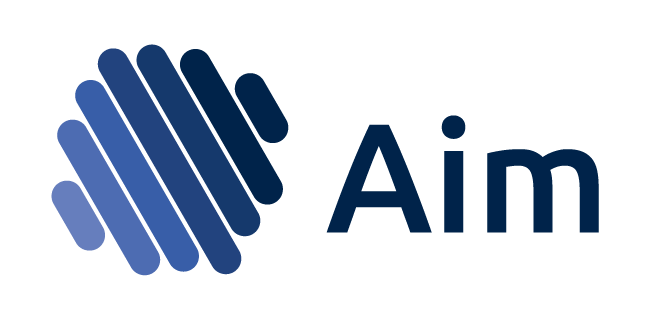
A super-easy way to record, search and compare AI experiments.
This project hosts the Aim UI code. Please file issues at Aim primary repo.
PLAY with live demo and check out a short INTRO VIDEO

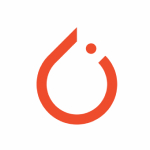
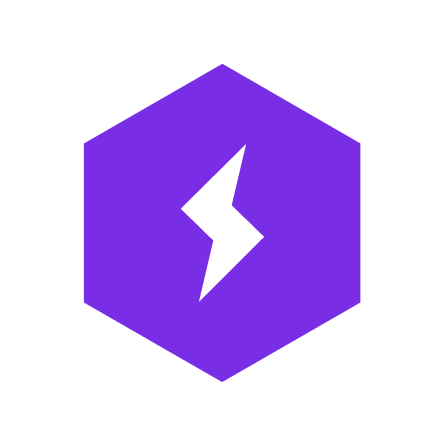
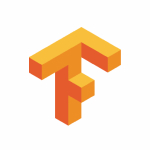
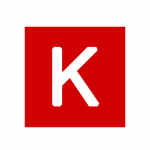
1. Install Aim in your training environment
$ pip install aim2. Integrate Aim with your code
Flexible integration for any Python script
import aim
# Save inputs, hparams or any other `key: value` pairs
aim.set_params(hyperparam_dict, name='hparams') # Passing name argument is optional
...
for step in range(10):
# Log metrics to visualize performance
aim.track(metric_value, name='metric_name', epoch=epoch_number)
...See documentation here.
PyTorch Lightning integration
from aim.pytorch_lightning import AimLogger
...
trainer = pl.Trainer(logger=AimLogger(experiment='experiment_name'))
...See documentation here.
Keras & tf.keras integrations
import aim
# Save inputs, hparams or any other `key: value` pairs
aim.set_params(param_dict, name='params_name') # Passing name argument is optional
...
model.fit(x_train, y_train, epochs=epochs, callbacks=[
aim.keras.AimCallback(aim.Session(experiment='experiment_name'))
# Use aim.tensorflow.AimCallback in case of tf.keras
aim.tensorflow.AimCallback(aim.Session(experiment='experiment_name'))
])
...See documentation here.
3. Run the training like you are used to and start Aim UI
$ aim upSee the docs at Aim.


